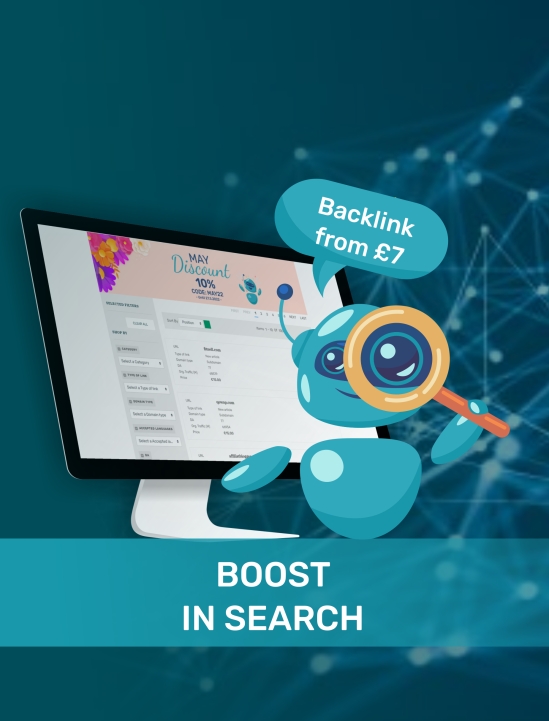In recent years, depression has emerged as one of the most pressing mental health challenges worldwide. Despite advances in therapy and medication, a significant portion of individuals battling depression find little relief from conventional treatments. However, a glimmer of hope has arisen in the form of an unlikely candidate: ketamine. Originally developed as an anesthetic, ketamine is now being explored as a breakthrough treatment for depression, offering new avenues of relief for those who have struggled with this debilitating condition.
The Ketamine Revolution:
Ketamine's journey from operating room staple to depression treatment has been nothing short of revolutionary. Traditionally used as an anesthetic due to its dissociative properties, ketamine gained popularity as a recreational drug under the moniker "Special K." However, researchers began to notice something intriguing: patients who received ketamine for surgical procedures reported unexpected improvements in their mood. This serendipitous discovery sparked scientific curiosity and paved the way for investigating Ketamine for depression.
How Ketamine Works:
Unlike traditional antidepressants, which primarily target neurotransmitters like serotonin and norepinephrine, ketamine operates on a different neurological pathway. It acts as an antagonist of the N-methyl-D-aspartate (NMDA) receptor, which plays a crucial role in synaptic plasticity and learning. By blocking NMDA receptors, ketamine triggers a cascade of neurobiological effects that lead to the rapid formation of new synaptic connections. This synaptic plasticity is believed to underlie ketamine's antidepressant effects, providing a novel mechanism for combating depression.
Rapid Relief:
One of the most striking aspects of ketamine therapy is its speed of action. While traditional antidepressants often take weeks or even months to produce noticeable effects, ketamine can induce improvements in mood within hours. This rapid onset of action is particularly beneficial for individuals experiencing severe depression or suicidal ideation, offering a glimmer of hope in moments of despair. For many patients, ketamine represents a lifeline, providing swift relief from the suffocating grip of depression when all other options have failed.
Beyond Traditional Treatments:
Ketamine's efficacy extends beyond its ability to provide rapid relief. Research suggests that ketamine may have a unique antidepressant effect, especially in treatment-resistant depression (TRD) where other therapies have proven ineffective. Furthermore, ketamine has shown promise in addressing symptoms of anxiety, post-traumatic stress disorder (PTSD), and even chronic pain conditions. This broad spectrum of potential applications highlights ketamine's versatility as a therapeutic agent and underscores its transformative impact on mental health care.
Challenges and Considerations:
While ketamine offers hope for many individuals struggling with depression, its use is not without challenges. Concerns regarding the potential for abuse and dependence, as well as the long-term effects of repeated ketamine administration, warrant careful consideration. Additionally, access to ketamine therapy may be limited by factors such as cost, availability, and the need for specialized administration in a clinical setting. As with any medication, thorough evaluation of the risks and benefits is essential to ensure safe and effective treatment.
The Future of Ketamine Therapy:
As research into ketamine's antidepressant properties continues to evolve, the future holds promise for further advancements in treatment. Efforts are underway to develop novel formulations and delivery methods that optimize ketamine's therapeutic benefits while minimizing potential risks. Additionally, ongoing clinical trials aim to explore the efficacy of ketamine in diverse patient populations and refine treatment protocols to maximize outcomes.
The emergence of ketamine as a potential treatment for depression represents a paradigm shift in mental health care. With its rapid onset of action, unique mechanism of action, and broad therapeutic potential, ketamine offers new hope for individuals grappling with the debilitating effects of depression. While challenges remain, the growing body of evidence supporting ketamine's efficacy underscores its transformative impact on the landscape of psychiatric treatment. As we continue to unlock the mysteries of ketamine therapy, we move closer to realizing a future where depression is no longer an insurmountable obstacle but a challenge that can be met with compassion, innovation, and hope.


